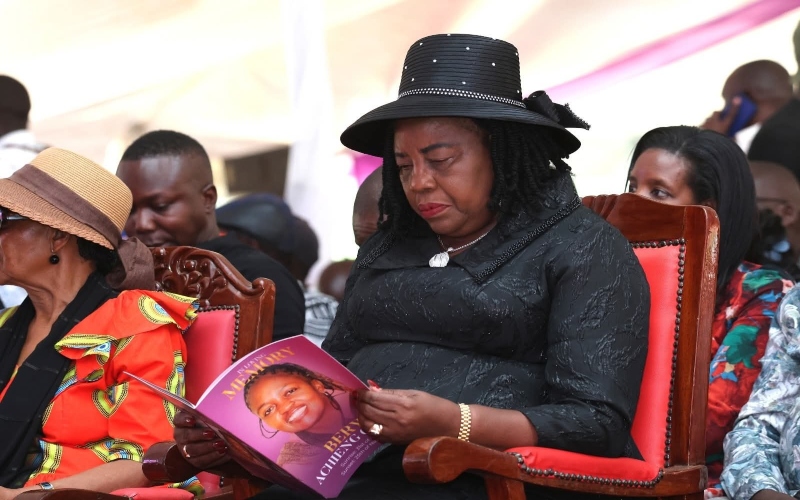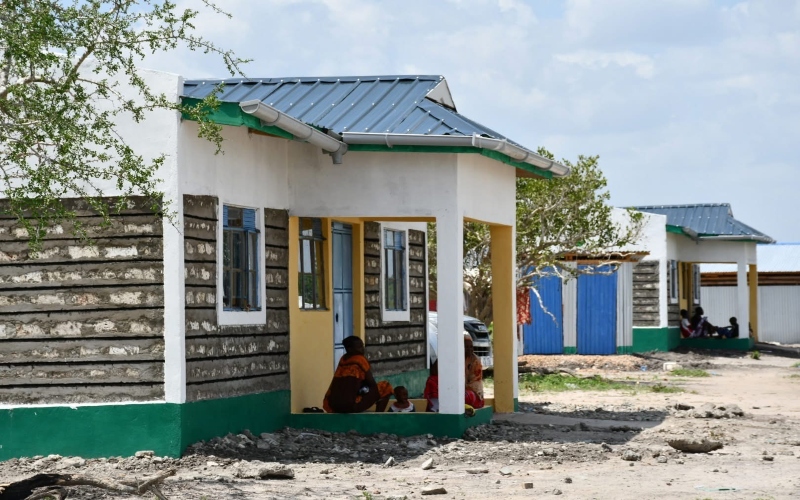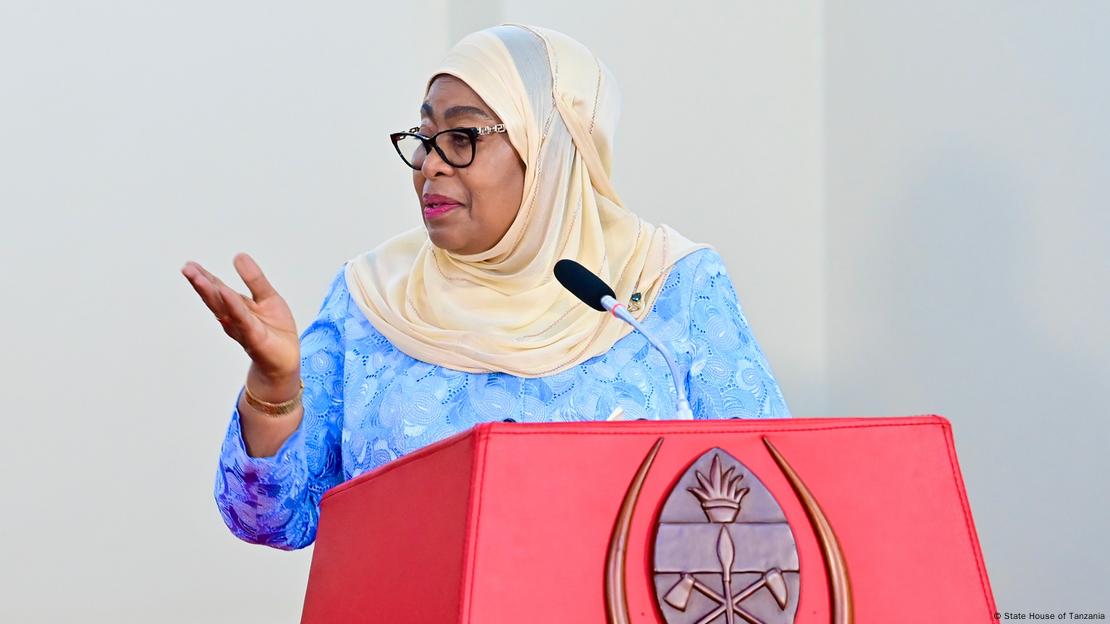KICD apologises for controversial content in Form 3 Biology text book

As a way forward, KICD has constituted a panel as stipulated to review the content of the book within two weeks.
The Kenya Institute of Curriculum Development has issued an apology for controversial content in the Form 3 book, Certificate Biology, regarding sentences that seemed to place blame on rape victims.
KICD Director and CEO, Prof. Charles Ong'ondo, stated on Thursday that emails sent to the agency had raised concerns about two particular sentences that suggest rape can be caused by indecent dressing or that adhering to dress codes can prevent it.
More To Read
- Education Ministry pledges early capitation release for smooth start to new term
- CBE curriculum spirit alive in Eastleigh as parents lead new wave of youth football development
- MPs demand fresh audit of Sh11.6 billion KICD textbook pending bill over distribution discrepancies
- KCSE to start November 2 as Education Ministry unveils 2026 academic calendar
- TSC to send unemployed teachers overseas under new framework
- CBE transition at risk as specialized teacher gaps widen
He noted that Kenyans were worried that the content is not only misleading but also harmful, as it can be perceived to be promoting victim-blaming and rape, contrary to the law.
"The Institute acknowledges that indeed the sentences above could be interpreted to suggest that indecent dressing is the main cause of rape and may also insinuate "victim blaming" in the case of rape," Ong'ondo said.
"Therefore, KICD offers an apology to readers who consider the quoted sentences in the book Certificate Biology for Form Three to be misleading for not detecting this during the evaluation in 2005," he added.
The controversial sentences are on page 170 of the book under the topic "Prevention of AIDS".
The text reads: "Modest dress code and behaviour to avoid provoking or tempting other persons into sexual arousal. Many rape cases are due to such provocations. One should also avoid being alone with a person of the opposite sex in secluded areas to prevent losing one's control."
"Date rapes are even more common than rape by total strangers. Girls should be especially watchful in not having their drinks mixed with drugs or alcohol, which cause them to lose control of their senses," it reads further.
KICD further stated that the book was published by East African Educational Publishers (EAEP) in 2004, evaluated and approved by KICD (then KIE), and listed in the Orange Book in 2005.
A new edition of the book was printed and distributed to schools in 2018.
The agency accepted responsibility for the oversight but emphasised that the evaluation and approval process is stringent to ensure that the materials used by learners are as error-free as possible.
KICD highlighted that their approval criteria include curriculum relevance, content accuracy, language use, suitability for learners at different levels, and attention to national values and inclusiveness, particularly regarding gender, ethnicity, and religion, among other standards.
Prof. Ong'ondo explained that the evaluation process involves assembling panels of educators, primarily teachers, who specialise in the educational levels for which the materials are intended.
After this initial evaluation, the material is forwarded to a team of verifiers, usually comprising KICD and Ministry of Education officers, who review the findings and make recommendations to the KICD Council regarding approval.
Regardless of whether a book is approved, Ong'ondo added, publishers are required to make corrections based on the feedback provided by the evaluators and verifiers.
"The corrections are then checked by KICD officers before the book is stamped 'Approved' by KICD and cleared to be used in schools," he explained.
Despite the rigorous review process, the offending sentences evidently went unnoticed by the panel of professionals, which KICD noted typically consists of five to 15 members.
However, Prof. Ong'ondo assured the public that there was no intent to justify rape under any circumstances.
He emphasised that while modest and decent dressing is encouraged, particularly within schools, this should not be misconstrued as a justification for rape.
As a way forward, KICD has constituted a panel as stipulated in the Institute's Materials Evaluation Criteria, comprising curriculum development officers, quality assurance and standards officers, teachers, and other relevant stakeholders to review the content of the book within two weeks.
KICD will also issue an advisory to the publisher on what revisions to make to avoid any potential misinterpretations by the learners.
"The schools will also be informed after the review on how to guide the learners on the relevant topic," Ong'ondo added.
Top Stories Today













































